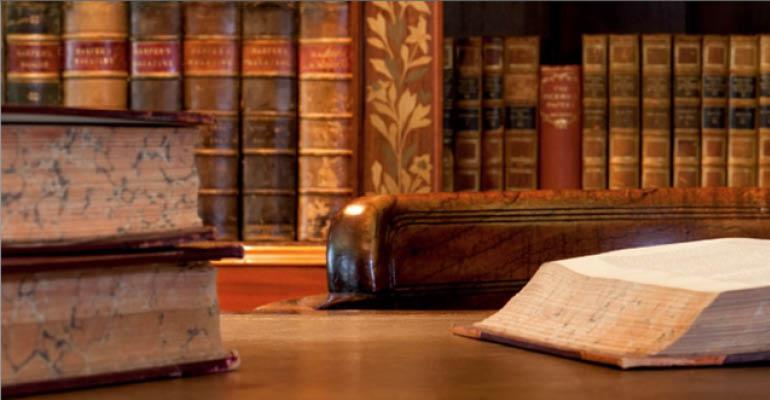Most will signings are formal, solemn events with the client in counsel’s office, identifying the written document as the client’s will and responding to counsel’s queries before signing the document in the presence of witnesses and a notary. While the traditional formalistic will signing might have emphasized the importance of the act, those formalities, according to Professors Horton and Weisbord, may actually serve to inhibit many testators from being able to sign a will. Traditional will
All access premium subscription
Please Log in if you are currently a Trusts & Estates subscriber.
If you are interested in becoming a subscriber with unlimited article access, please select Subscription Options below.
Questions about your account or how to access content?
Contact: [email protected]





